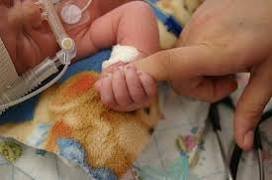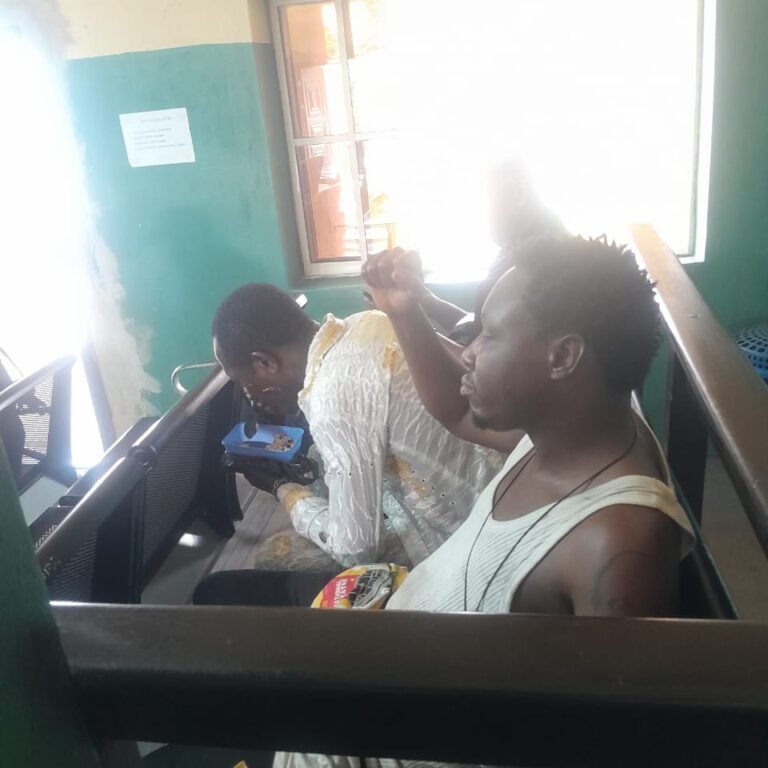
By Ameh Gabriel
Abuja, Nigeria – Public health experts, nutritionists, and civil society leaders have issued an urgent call for the Nigerian government to dramatically increase the Sugar-Sweetened Beverage (SSB) tax as the country battles a growing wave of preventable illnesses linked to excessive sugar consumption.
At a media roundtable hosted by Corporate Accountability and Public Participation Africa (CAPPA) in Abuja, Executive Director Akinbode Oluwafemi described Nigeria’s current health situation as “a ticking time bomb,” with soft drinks and sugar-laden beverages silently fueling an epidemic of non-communicable diseases (NCDs).

“Diabetes, stroke, hypertension, and obesity are no longer diseases of the rich,” Oluwafemi said. “They are now robbing ordinary Nigerians of life and livelihood. The current ₦10/litre tax is a feeble policy gesture. It’s time to act with urgency and raise it to at least ₦130 per litre.”
Health Toll of Sugary Drinks
According to the World Health Organization (WHO), NCDs now account for 1 in 3 deaths in Nigeria. Nigerians spend nearly ₦1.92 trillion ($1.26 billion) annually treating preventable diet-related illnesses. Families are selling land, losing savings, and falling into poverty just to save loved ones from diseases that could have been avoided with stronger policy interventions.
Dr. Joseph Ekiyor, a public health specialist, explained that daily sugar intake should not exceed 9 teaspoons (36 grams) for men and 6 teaspoons (25 grams) for women. “The average sugary drink easily exceeds these limits, contributing significantly to Nigeria’s rising rates of diabetes and obesity,” he noted.
SSB Tax: A Lifesaving Solution
In 2021, Nigeria introduced a ₦10/litre SSB tax, but experts argue it is too low to change consumer behaviour. “That’s barely 1% of the price of a bottle. Global best practice recommends a price hike of at least 20–50% to achieve meaningful reductions in consumption,” Oluwafemi emphasized.
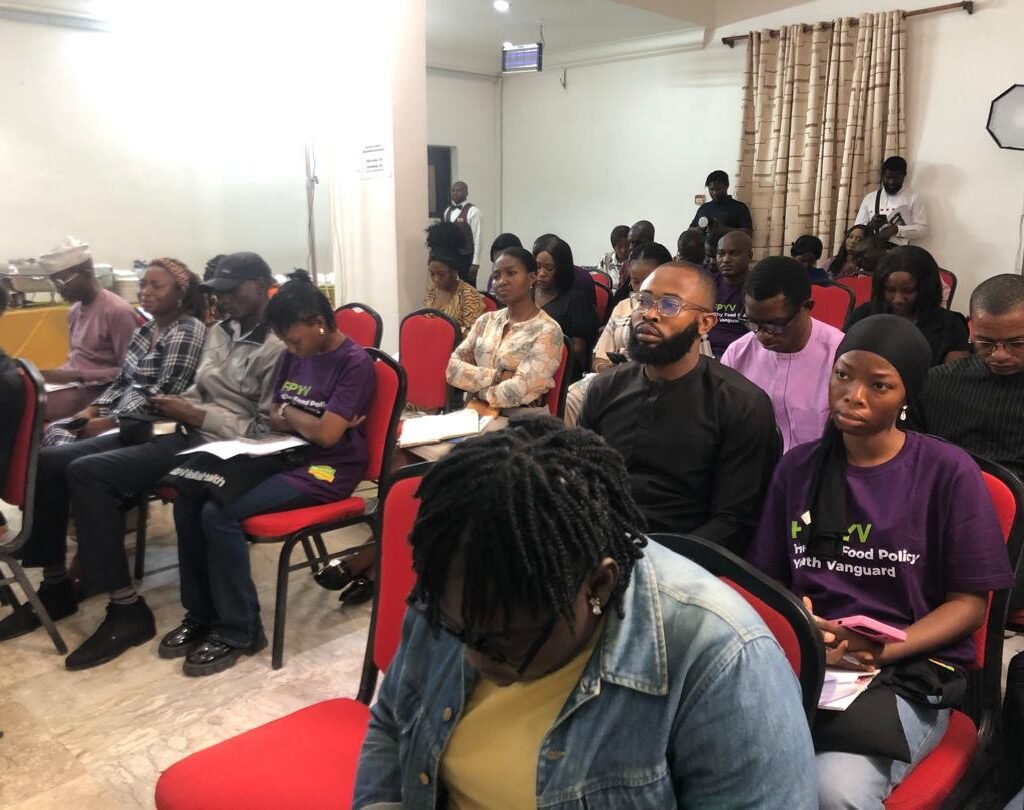
CAPPA is demanding that the SSB tax be increased to ₦130 per litre, with revenue earmarked for health interventions, including basic healthcare services, nutrition education, and school feeding programs.
Countries like South Africa, Mexico, and the UK have implemented strong SSB taxes and seen consumption decline without negative economic impacts. “A higher tax doesn’t kill the industry. It drives innovation,” said Oluwafemi.
Nigerians Deserve Transparency and Protection
CAPPA is also calling for mandatory front-of-pack labelling, annual public reporting of tax revenue, and a strong firewall against corporate interference. “Nigerians have a right to know what they’re consuming,” said Oluwafemi. “Right now, unlabelled and potentially unsafe sugary drinks are flooding our markets unchecked.”
At the recent 2025 Food and Beverage West Africa exhibition, foreign sugary drinks without proper regulatory clearance were sold freely, sometimes rebranded at will. CAPPA labeled this trend a “betrayal of Nigerian consumers” and called on authorities to take swift action.
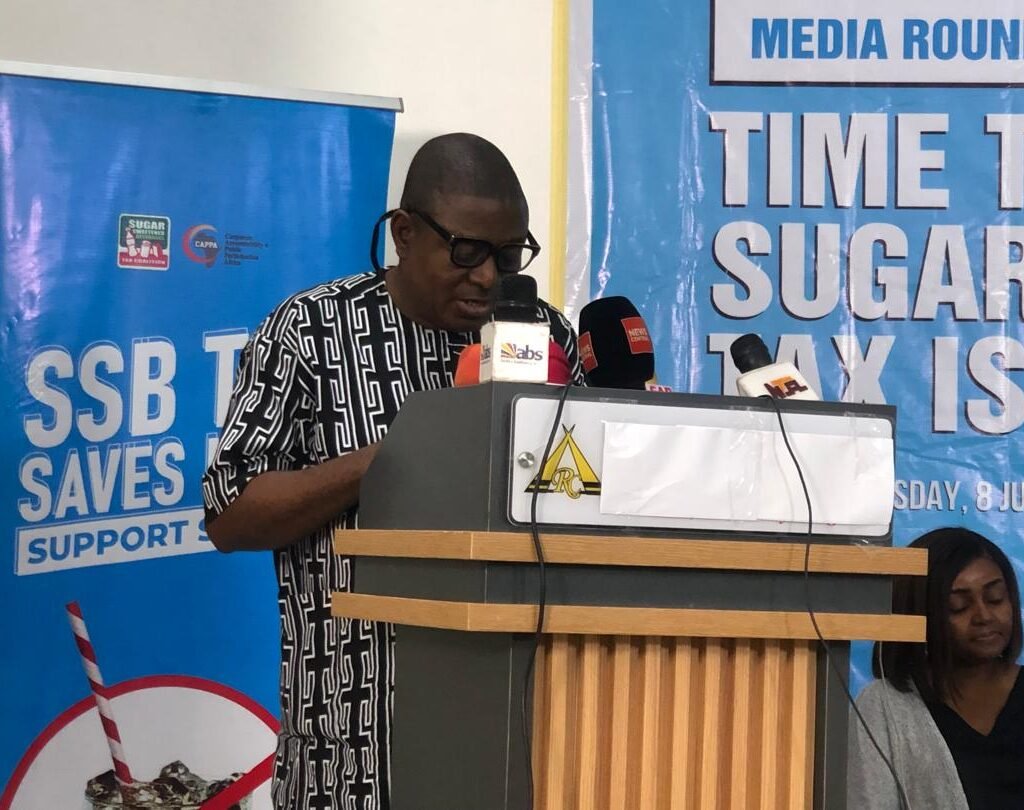
Experts Advocate for Healthier Diets
Professor Olukunmi Lanre Olaitan, a professor of Public Health Promotion and Nutrition Education at the University of Ilorin, reinforced the need for dietary changes. He encouraged Nigerians to consume meals rich in green vegetables, fruits, clean water, and traditional foods like Akara with pap, stressing that good nutrition starts at home.
In response to a media question on balancing public health and economic realities, Professor Olaitan gave a striking warning: “Anyone who gives you food and a soft drink is not your friend. They are feeding you death.”
Beyond Profit: Choosing Life
Industry representatives argue that a higher SSB tax may harm jobs and hinder industrial goals. But CAPPA maintains that any business model built on illness is unethical. “This is not about killing jobs; it’s about saving lives,” Oluwafemi declared. “SSB manufacturers can reformulate, diversify, and support small vendors through healthier product lines.”
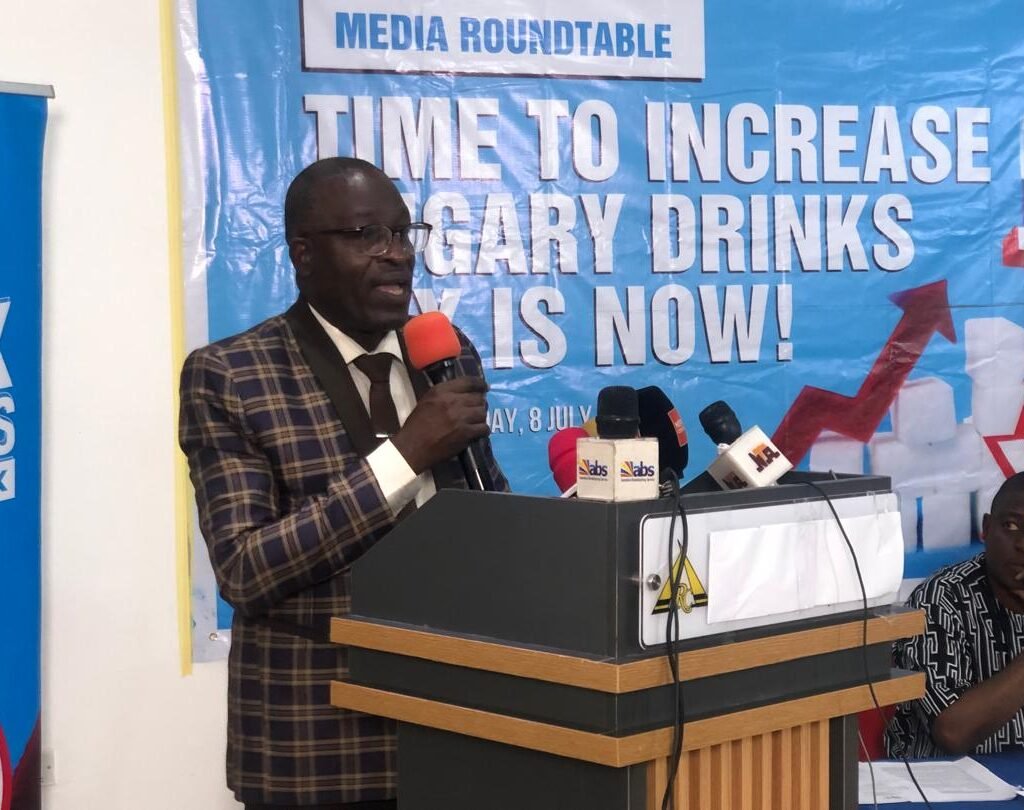
The media roundtable closed with a powerful plea: “Choose health over profit. Choose life over sugar.”
Key Demands by CAPPA
Raise SSB tax from ₦10/litre to at least ₦130/litre to increase prices by 20–50%.
Earmark tax revenue for healthcare, nutrition education, and school feeding.
Mandate front-of-pack labelling on all beverages.
Ensure transparency through annual public reporting on tax revenue.
Shield health policy from industry interference.
Invest in local food systems and agroecology to reduce dependency on ultra-processed products.
Nigeria’s fight against preventable disease is a matter of national survival. The time to act is now.



